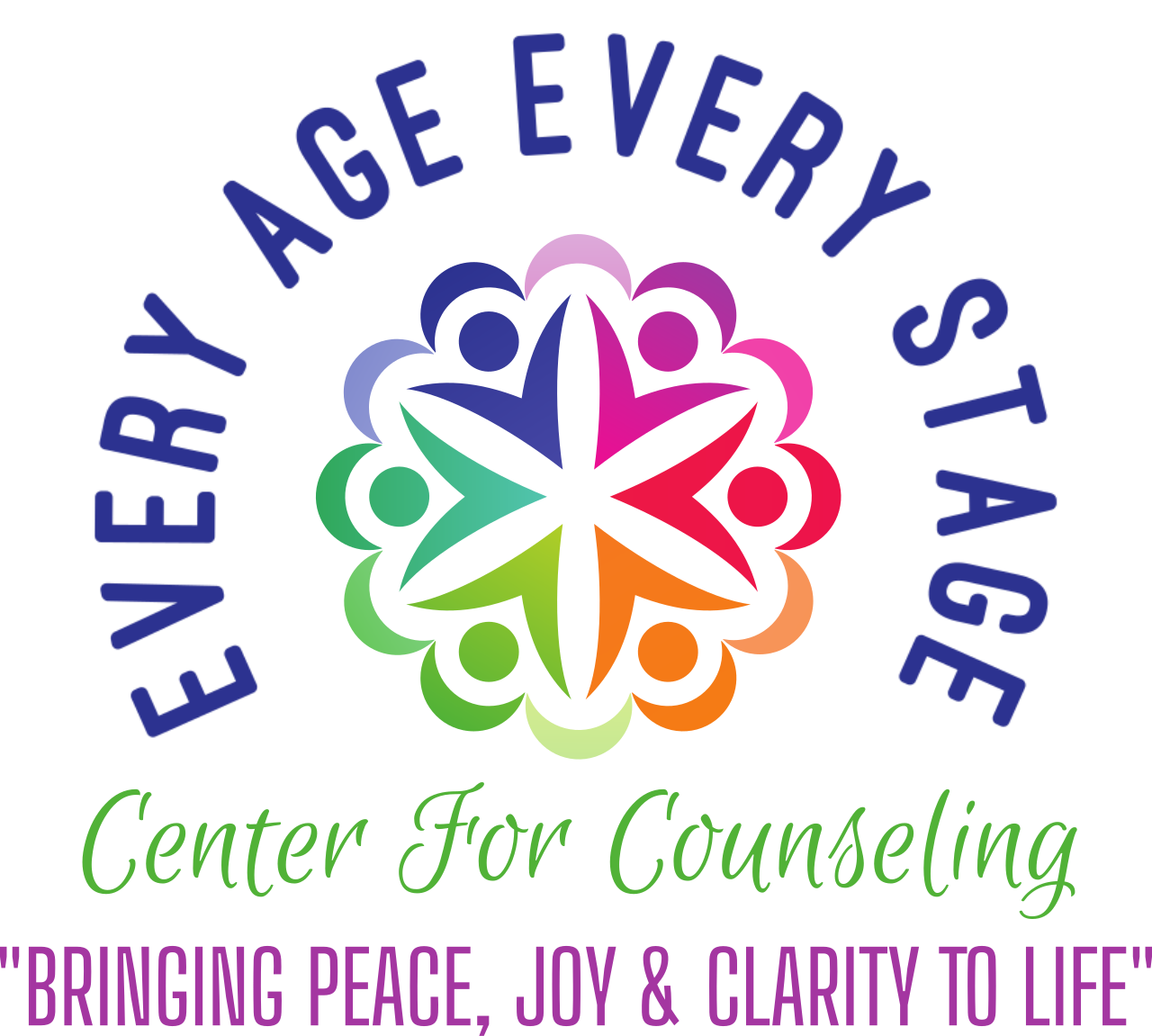group Therapy
Group therapy is a form of psychotherapy where a small group of individuals, typically ranging from 6 to 12 participants, meet regularly with one or more trained therapists.
What you can expect
Benefits of
Group Therapy
Group therapy can be particularly beneficial for various mental health concerns, including depression, anxiety, substance abuse, trauma, and relationship issues. It complements individual therapy by offering a unique therapeutic experience that leverages the power of the group dynamic.
